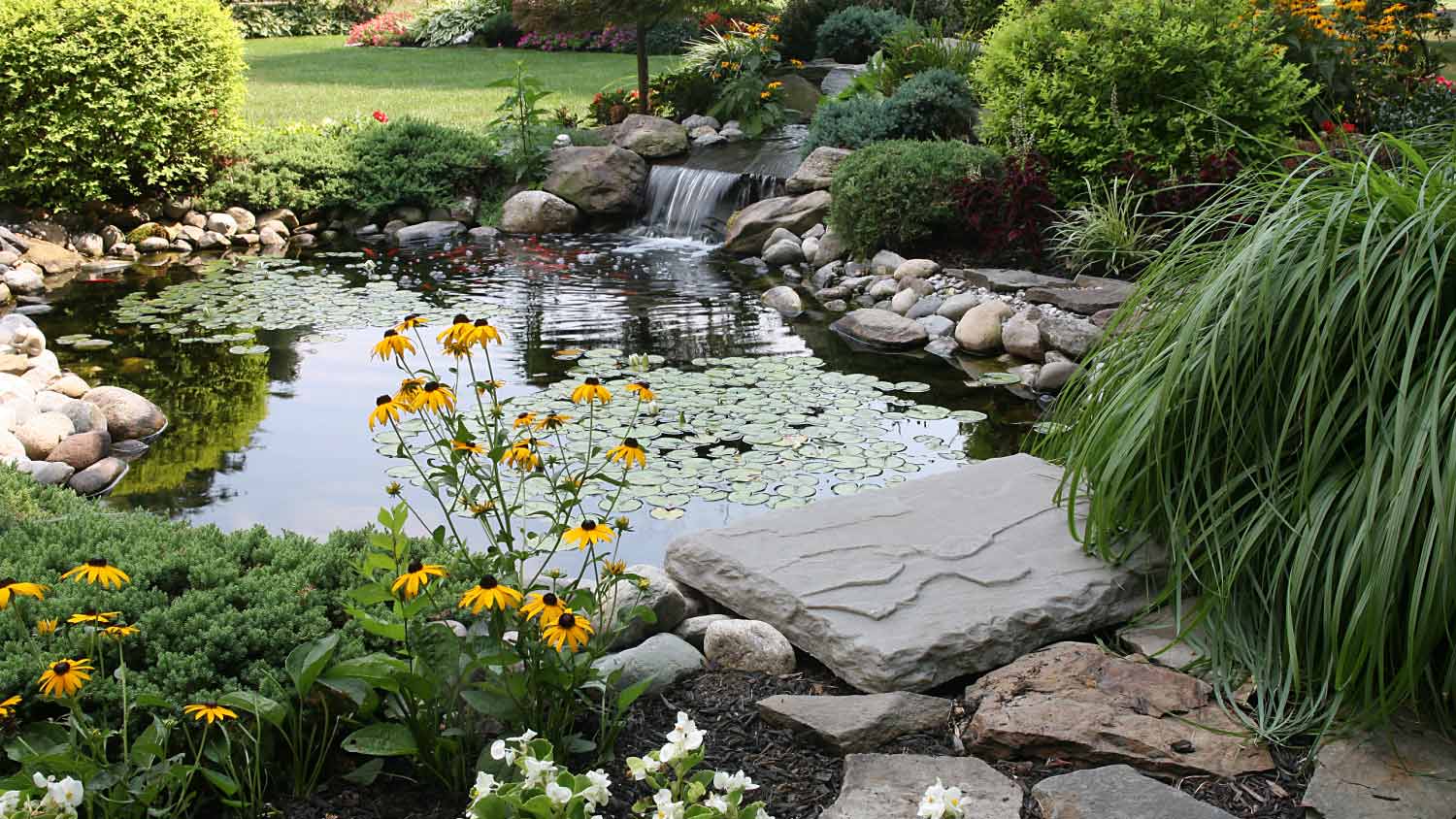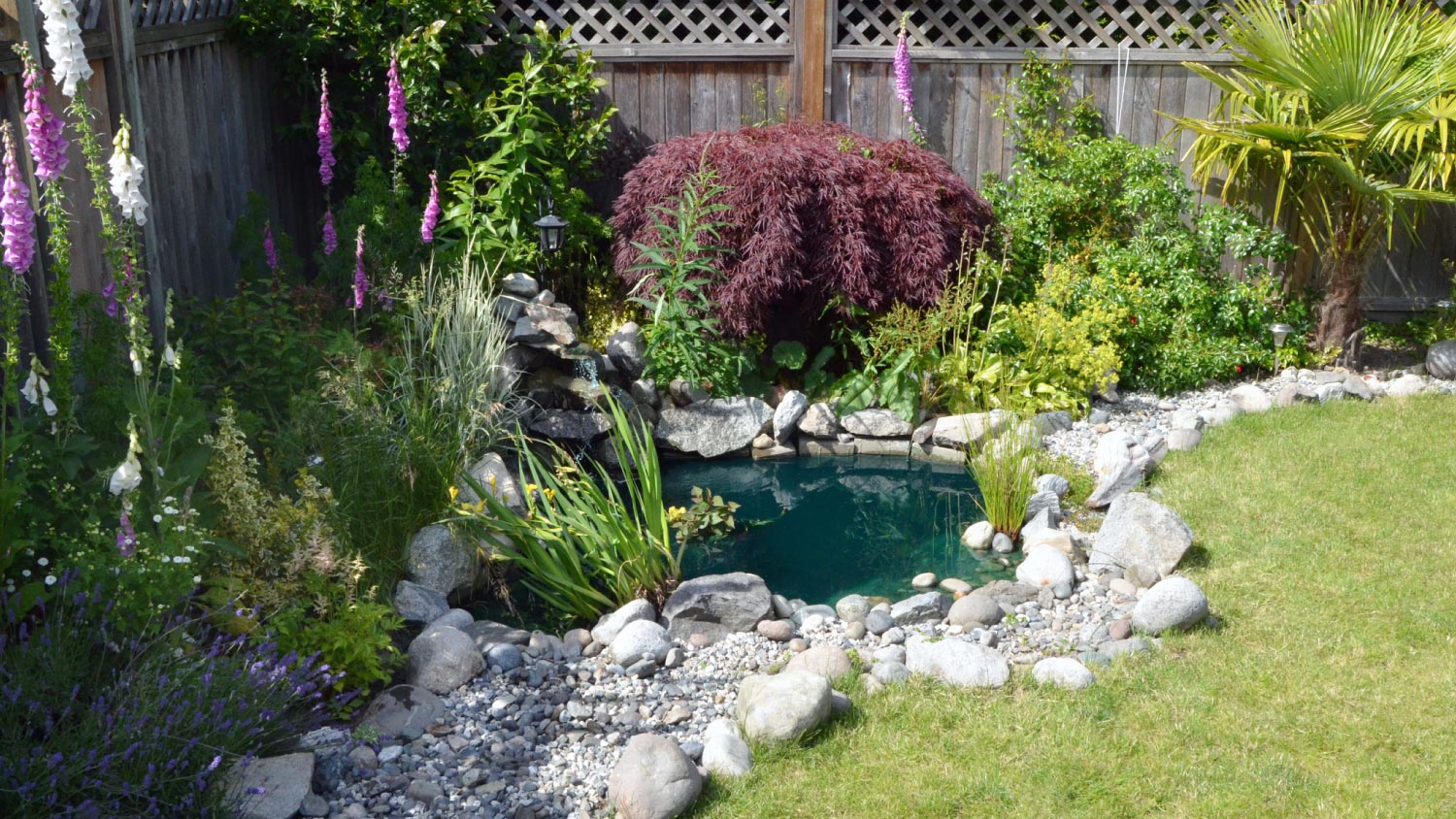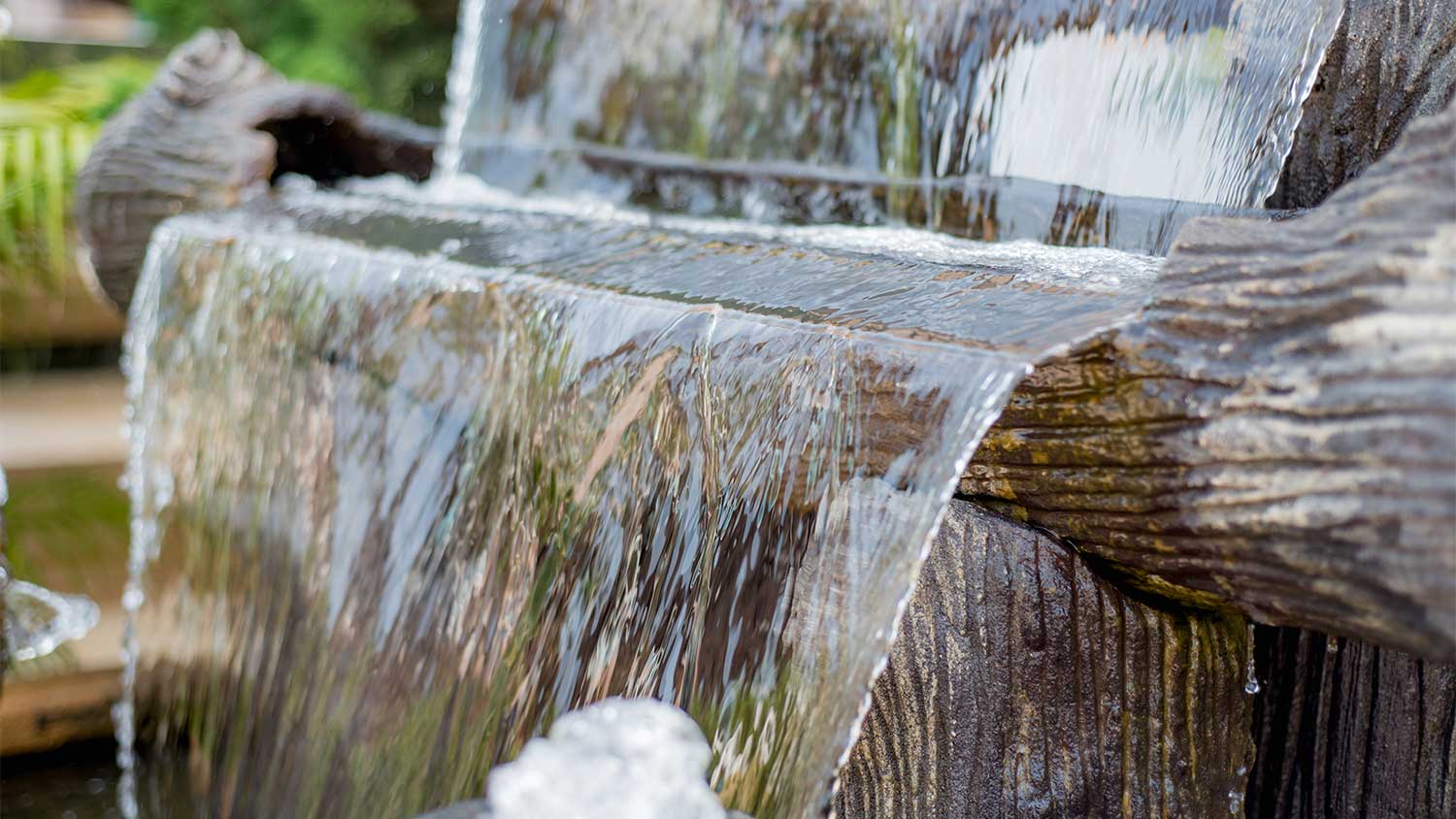
Get matched with top fountain pros in Gretna, VA
Enter your ZIP and get matched with up to 5 pros
Need a pro for your fountain service project in Gretna, VA?
Find Fountain pros in Gretna
No results for Fountain pro in
Try adjusting your search criteria.The Gretna, VA homeowners’ guide to fountain services
From average costs to expert advice, get all the answers you need to get your job done.
 •
•Discover how much it costs to build a pond. Learn about average prices, cost factors, and tips to plan your backyard pond project with confidence.

You may need to fill in a backyard pond to reclaim your yard or to remove an eyesore. Learn how much it costs to remove a pond and what affects the price.
 •
•Discover the cost to install a fountain in your pond, including average prices, key cost factors, and tips to save money on your pond fountain installation.

Regular outdoor fountain maintenance will keep your water feature looking and working great. Follow these tips to learn how.
 •
•Get a detailed breakdown of pond dredging costs, including average prices, cost factors, and tips to help homeowners budget for their pond maintenance project.
 •
•Discover how much it costs to install a pondless waterfall, including average prices, key cost factors, and tips to save on your water feature project.
- Chatham, VA Fountain pros
- Penhook, VA Fountain pros
- Dry Fork, VA Fountain pros
- Union Hall, VA Fountain pros
- Blairs, VA Fountain pros
- Moneta, VA Fountain pros
- Wirtz, VA Fountain pros
- Glade Hill, VA Fountain pros
- Ringgold, VA Fountain pros
- Danville, VA Fountain pros
- Hardy, VA Fountain pros
- Halifax, VA Fountain pros
- Axton, VA Fountain pros
- Goodview, VA Fountain pros
- Rocky Mount, VA Fountain pros
- Cascade, VA Fountain pros
- Providence, NC Fountain pros
- Lawn Mower Repair in Gretna
- Window Cleaning in Gretna
- Snow Removal in Gretna
- House Cleaning in Gretna
- Lawn Mower Repair in Gretna
- Trampoline Assembly in Gretna
- Sink Installation in Gretna
- Electrical in Gretna
- Handyman Service in Gretna
- Roofing in Gretna
- Locksmiths in Gretna
- Hvac in Gretna
- Lawn Care in Gretna
- Air Duct Cleaning in Gretna
- Painting in Gretna
- Appliance Repair in Gretna
- Lawn And Yard Work in Gretna
- Interior Painting in Gretna
- Ev Charger Installer in Gretna
- Drain Cleaning in Gretna
- Contractor in Gretna
- Gutter Cleaning in Gretna
- Pressure Washing in Gretna
- Boiler Repair in Gretna
- Flooring in Gretna
- Exterior Painting in Gretna
- Foundation Repair in Gretna